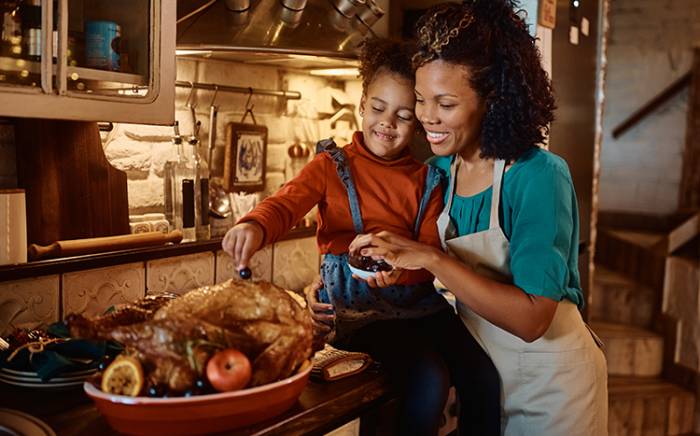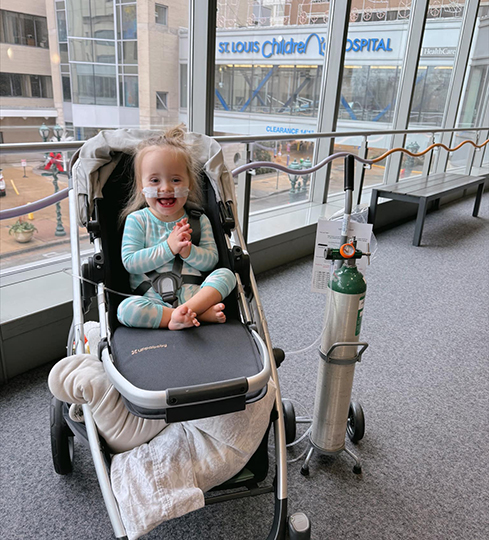Don’t let this joyful season turn into a holiday nightmare. With a mountain of new toys and gifts during the holidays, children are at a higher risk for injuries. But with a little thought and precaution, your children can still have the holiday of their dreams.
When considering gifts for children, make sure toys are age appropriate to reduce the risks of choking, strangulation or other hazards. And when a child has a younger brother or sister, think twice before purchasing a toy with small parts.
Choking hazards are the biggest risk for children under age 3. If a toy or toy part is small enough to fit through a toilet paper roll, then it’s a choking hazard and too small for a toddler. Using this simple test is also a good way to heighten awareness with older siblings who often have toys with small parts that aren’t safe around toddlers.
Toy Safety Tips
- Look over the toy to check for small parts such as wheels or eyes that can come off or be removed.
- Don’t forget about the parts inside toys, such as squeakers or magnets. Check to see how easily the toys come apart.
- Check for ribbons on toys, such as stuffed animals. Babies may chew on the ribbon until it frays or it comes off and lodges in their throat.
- Avoid toys with strings and stretchable cords that could be twisted around a child’s neck or used in dangerous ways.
- Keep foam toys, such as footballs, away from toddlers and babies because foam pieces can break off or be bitten off.
- If a toy is too loud for you, then it’s too loud for your child and can damage hearing.
- Store older kids’ toys separately from younger kids’ toys.
- Check toys periodically for loose parts.
- Be especially careful about toys made outside the U.S. Foreign-made crayons and art sets, in particular, may contain lead. Read labels carefully.
- Throw away the plastic wraps and ties from a toy’s packaging. They are not considered child-safe.
- Magnets can be dangerous if swallowed. Anytime there is a chance the child swallowed two magnets, an Emergency Department visit is necessary. Magnets can adhere to each other in the intestines and cause that portion to die. Button batteries can cause low-voltage burns if ingested, so the child should be seen in the Emergency Department if one is ingested.










